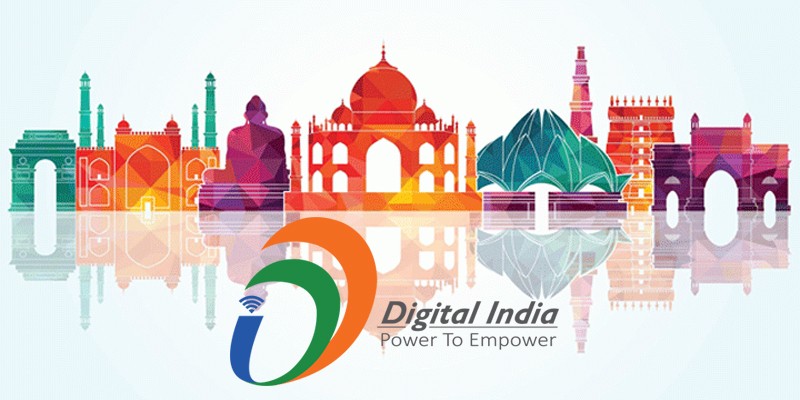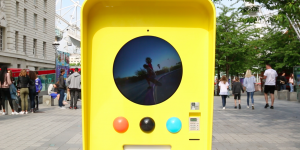According to Google-Boston Consulting Group (BCG) study, Indian digital payments industry will grow to $500 billion by 2020, contributing to 15% of GDP.
Digital transactions have seen a dramatic increase in India in the past year due to push from both government and the private sectors.
In India, post demonetization, it was time for India to go on a cashless ride where more emphasis was laid on Paytm, Payment Bank Arrival, Telecomm Disruption through Jio , Make in India and Digital India Initiatives. Last month Paytm raised $1.4 billion from Softbank and apps like Whatsapp are exploring the unified payment inter surface (UPI) to launch its payment solution in India.
Another digital payment brand, MobiKwik has grown its user base from 35 million to 55 million since November 2016 and has over 1.5 million merchants on its platform.
India recently lost the tag of 'fastest growing economy' as its gross domestic product (gdp) slumped to its lowest in more than two years in the March quarter. Can a cashless economy help empower Indian economy?
The Drum spoke to Bipin Preet Singh, founder of Mobikwik, who believes that digital payments are India's future and will power the Indian economy. He said: "Post demonetization, the growth of mobile wallets has surpassed the growth of net banking and other digital payment offerings from banks in India. As a category, mobile wallets grew over 3.1 times within a year. The reason for this is the ease of usage offered by mobile wallets, as well as easy availability of a mobile phone in the hands of nearly every citizen. India is swiftly moving towards a less-cash economy, and demonetization by the Modi government has provided the much needed boost to digital payments in India."
Millennials are driving the market for digital financial products in the country. Young people spend an average of 17 hours per week online, 89% research online before making a purchase, and 40% transact on line. This is helping millennials establish themselves as master negotiators. Today’s millennial expects to play an active role in his or her purchasing decisions; and they are making maximum use of the web to ensure that these decisions are informed. Decision-making is ‘hyper-rational’; based on comparing data from a range of sources covering everything from product features and price, to promotional offers and other benefits.
To figure out how are some of the government initiatives working, as they show where the opportunities will be in the future (more people online, more ecommerce and more digital spend), The Drum spoke to K Yatish Rajawat who is a well known digital strategist and policy analyst based in Delhi.
He said: “The Indian government is working on making more transactions go online, and it has done various things to push this agenda. For instance, it has made an open stack (UPI) that allows banks to create applications for mobile phones for digital transactions. This is the first time that a government has created a stack of this nature anywhere in the world. This would not only help legacy banks but even ecommerce companies on the transaction front.”
Reserve Bank of India has created policy environment through its guidelines and regulations to make digital transactions much easier. The Indian government has issued licenses for payments banks which have allowed new players like digital wallets and digital only banks to launch services. The latest in the line is Paytm launching its own bank.
The Drum also spoke to Atul Tiwari, a digital payment specialist who said: “ As far as Indian economy is concerned, digital transactions are bound to grow and cash is going to reduce considerably. From the current cash transaction level of 70% of the total transaction volumes is further going to go drastically down. Mobile users will be around 1.23 billion by 2020 which will lead to decrease in the usage of cash.”
Apart from digital payments, AI and VR as developing technology will be part of the digital agenda of the government as well. However, the government has not announced plans on these two technologies in public yet.
We spoke to Arvind Gupta, founder member of AI startup Botworx.ai whether AI will soon be part of the digital agenda for the Indian government soon and he replied: “AI and Machine learning algorithms require data. India is moving from a data poor country to a data rich country and AI will play a true role in delivering services self services, bringing about a policy driven state where only exceptions will need to be handled by government staff.”
He further added: “India is setting the standards in Digital Democracy and from gathering public opinion, to crowdsourcing ideas, to online donations, digital campaigning and participative governance, India is setting the benchmark for the rest of the world to follow. India has the fastest and cheapest payment systems and India is aspiring to be a digital leader that not only innovates for itself to solve its societal issues, but also for the next 6 billion."





















